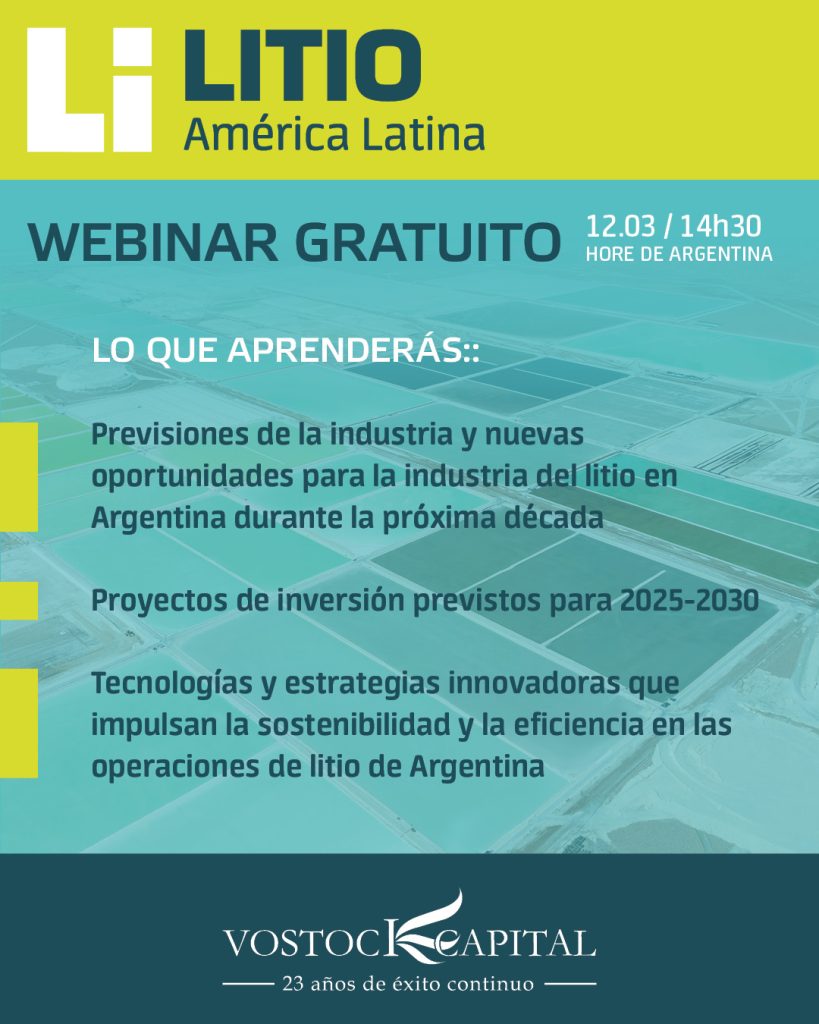Exxon
Liza Unity FPSO
By Kaieteur News
GEORGETOWN
Petroleumworld 11 30 2021
In recent days, reports have surfaced of oil giant, ExxonMobil, bragging of its ability to ‘safely’ produce more oil resources than the prescribed safety limit in the Liza One development. These reports have attracted the attention of several environmentalists, including Ms. Simone Mangal-Joly, who believes that the ramped up production rates are a reckless chase after money.
In an interview with this newspaper on Monday, the environmentalist said it is, “A reckless rush to chase money without counting the damages and losses in other areas in the process, both in direct benefit we accrue daily, and monetary terms, is shortsighted and dangerous to all of us, including businesses and our economy as a whole.”
She explained that each time a new Floating, Production, Storage and Offloading (FPSO) vessel is welcomed to Guyana, it also brings along tonnes of toxic waste that is discharged into the waters, thereby impacting our fish and other marine species. Not only this, but a tremendous amount of waste is being brought to shore for treatment and disposal, Mangal added.
The environmentalist was keen to note that the risks are not only limited to an oil spill, but the dangers extend way beyond such an event. “The risks are not just in an oil spill. The coastland is low and prone to flooding that will create a toxic soup if and when floods come, and we know they will as the climate changes in the 10-30 year horizon. No one can escape a toxic soup, no matter how rich and elite they feel they are. Plus, our ground water tables are high and easily contaminated. This is the water we and future Guyanese must rely on for centuries to come or long after oil and foreign companies that profit are gone,” she posited.
Mangal also questioned the logics behind the development that has negatively impacted the lives of fishermen and their customers.
She argued, “Is it really positive development to put fisher folk out of work, to not be able to buy and eat the fish we grew up with that defined our cultural identity? Is it positive development to have middle men firms from Trinidad and elsewhere recruit and extract value, whilst paying our citizens who own the oil a pittance and treating them like second class humans on their job sites? Is it positive progress to have the cost of living skyrocketing whilst workers’ wages in both the public and private sector are not rising to keep up?”
Furthermore, she asked why the government would put its faith into a company that would be relying on multiple compressors to avoid an oil spill, when it struggled to fix one compressor to put gas back into the ground.
“Sure some folks are able to make money but at what cost to the country as a whole? This is not to say that oil could not be positive for that, but for us to get there, we need measured, evidence-based, and caring leadership,” she contended.
In further making her case, Mangal said it must be understood that the environment is the sum total of our economic assets, oil included, and is the means of existence.
“Are we really justified in this rush when basic safeguards are not in place, when they are not even respected?” she questioned.
Former Head of the Environmental Protection Agency (EPA), Dr. Vincent Adams recently shared his concerns over ExxonMobil’s ramped up production rates on the Liza One development.
It was reported that while the Environmental Impact Assessment (EIA) listed the safe operating limit as 120,000 barrels of oil per day, production rates exceeded 124,000 during the first half of the year. The current head of the EPA, Kemraj Parsram, later disagreed with this position, as he noted that the same EIA states that production can occur beyond 120,000.
According to him, page 28 of the EIA mentions that emissions associated with the project were calculated based on peak production at a conservative 144,000 barrels of oil per day.
Chairman of the Cooperative Republicans of Guyana, Jamil Changlee also recently voiced his concerns over the news of production being allowed to go beyond design specifications for the extraction of oil.
In a letter to Kaieteur News on Sunday, he too pointed out that Exxon struggled for months to repair equipment that failed, resulting in environmental damage and excess flaring.
As a consequence he said, “The rush to extract and sell oil and gas must not be at the expense of the environment. Fishers are already seeing the negative impact the sector is having on our seafood industry. As a rule, we should target 80 percent of the designed maximum load and ensure that there is a predictive and preventative maintenance programme in place that is effectively implemented; and key elements of extraction operations are reviewed on a daily basis during the life cycle of the project”.
_____________
By Kaieteur News
kaieteurnews.com 11 30 2021
Copyright ©1999-2021 Petroleumworld or respective author or news agency. All rights reserved.
Petroleumworld.com Copyright ©2021 Petroleumworld.



